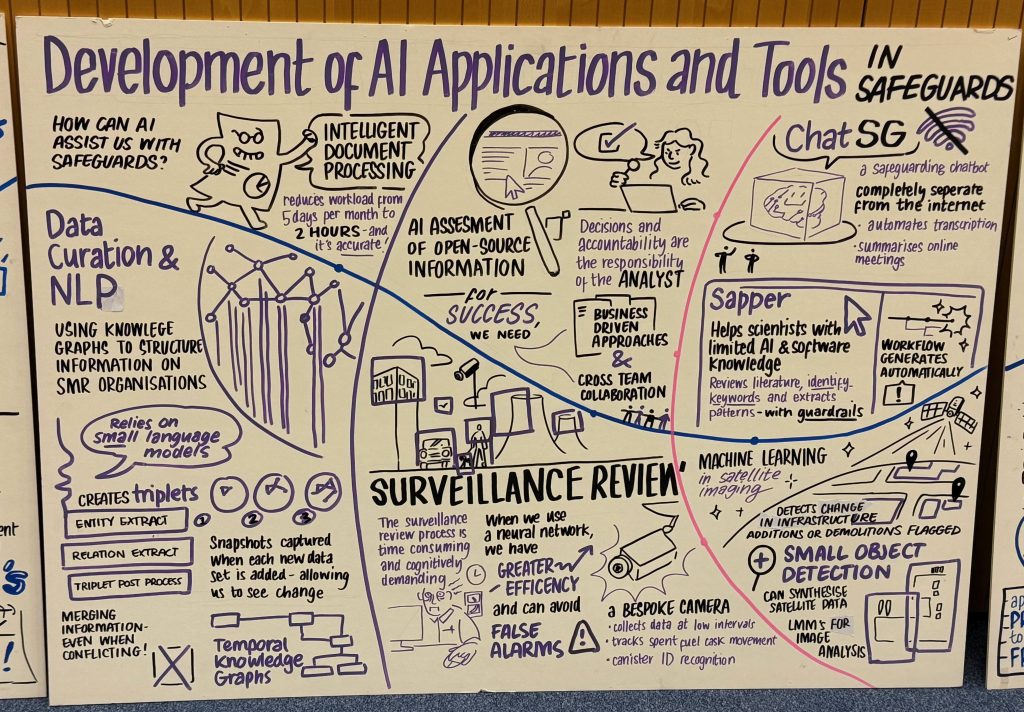In January 2025, Prof. Kyle Hartig traveled to Vienna, Austria to attend the IAEA Emerging Technologies Workshop as an invited observer. Known for his expertise in nonproliferation policy, advanced detection techniques, and machine learning applications, Prof. Hartig was also serving as the Chair of the INMM Cyber and Emerging Technologies Committee, a role that positioned him at the forefront of discussions about the intersection of technology and nuclear security.
The workshop brought together a diverse group of experts—scientists, policymakers, and technical specialists—to explore how emerging technologies could enhance global nonproliferation efforts. Prof. Hartig found himself deeply engaged in sessions discussing the integration of AI into safeguards and detection systems, offering insights drawn from his research at the University of Florida and collaborative projects such as the NNSA MTV and CNF Consortia as well as the DTRA IIRM Alliance.
During breaks, he exchanged ideas with international colleagues, discussing challenges like balancing innovation with policy constraints and the ethical considerations of advanced technologies. For Prof. Hartig, the workshop wasn’t just a professional milestone—it was a unique opportunity to contribute to meaningful dialogue about the future of nuclear security and build lasting collaborations across the global community.

